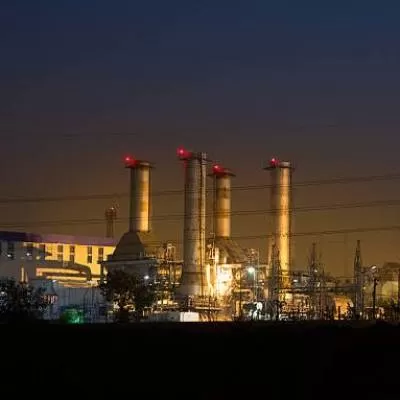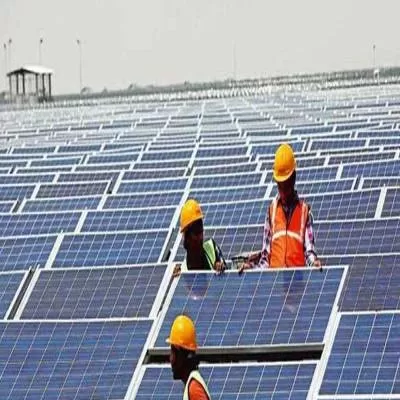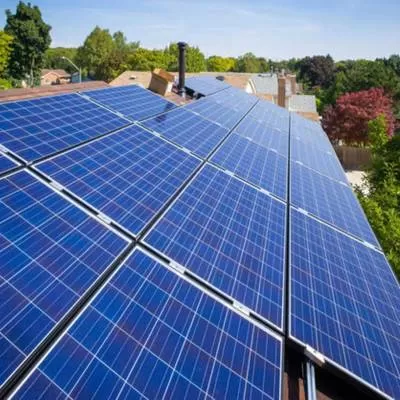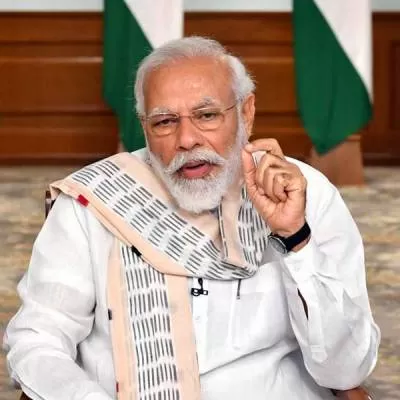- Home
- Infrastructure Energy
- POWER & RENEWABLE ENERGY
- 1.2 GW renewable energy storage tender issued, encourages solar energy mission
1.2 GW renewable energy storage tender issued, encourages solar energy mission
- According to the conditions, it enables developers to set up either wind energy or solar energy, or hybrid projects of the two. While a group company is permitted to bid for a maximum capacity of 600 MW, other projects can range from 50 MW to 300 MW.
- Bidders have the authority to set up the projects at a sit of their choosing, in accordance with the inter-state transmission system scheme. This is a result of the tender being issued under the Central government policy and is, therefore, a part of the scheme.
- Allotment of capacity will be on the basis of the tariff offered by the developers to supply energy during peak hours. A flat tariff of Rs 2.70 PER kWh during off-peak hours, ie, between 9 am and 6 pm and midnight to 6 am, will be offered to developers. They will also have to bid to supply 300 megawatt-hours per each 100-MW capacity installed during the peak hours.
In a bid to boost Prime Minister Narendra Modi’s enterprising goal of achieving up to 175 GW of energy – relying solely on renewable sources – the government has yet again floated a renewable energy storage tender. A major chunk of the goal, amounting to 100 GW is dedicated to solar power.This time around, the tender includes a special clause that emphasises on reduced tariff bids and attractive purchase rates for the buyers, in the hope of generating higher appeal for the project. The move has been made by The Solar Energy Corporation of India (SECI), a company under the Ministry of New and Renewable Energy set up by the government to act as a catalyst in implementing the National Solar Mission. According to the agency, project developers will be offered a renewable energy capacity of 1.2 GW which would be equipped with energy storage. The important highlights of the tender are: According to the conditions, it enables developers to set up either wind energy or solar energy, or hybrid projects of the two. While a group company is permitted to bid for a maximum capacity of 600 MW, other projects can range from 50 MW to 300 MW.Bidders have the authority to set up the projects at a sit of their choosing, in accordance with the inter-state transmission system scheme. This is a result of the tender being issued under the Central government policy and is, therefore, a part of the scheme. Allotment of capacity will be on the basis of the tariff offered by the developers to supply energy during peak hours. A flat tariff of Rs 2.70 PER kWh during off-peak hours, ie, between 9 am and 6 pm and midnight to 6 am, will be offered to developers. They will also have to bid to supply 300 megawatt-hours per each 100-MW capacity installed during the peak hours. The deadline to commission the projects is anytime within 18 months from the date of signing the power purchase agreement and must be fully commissioned in the span of 24 months. Developers will be given leeway in case of any connectivity issues between the projects with the transmission network and will not be fined.
























